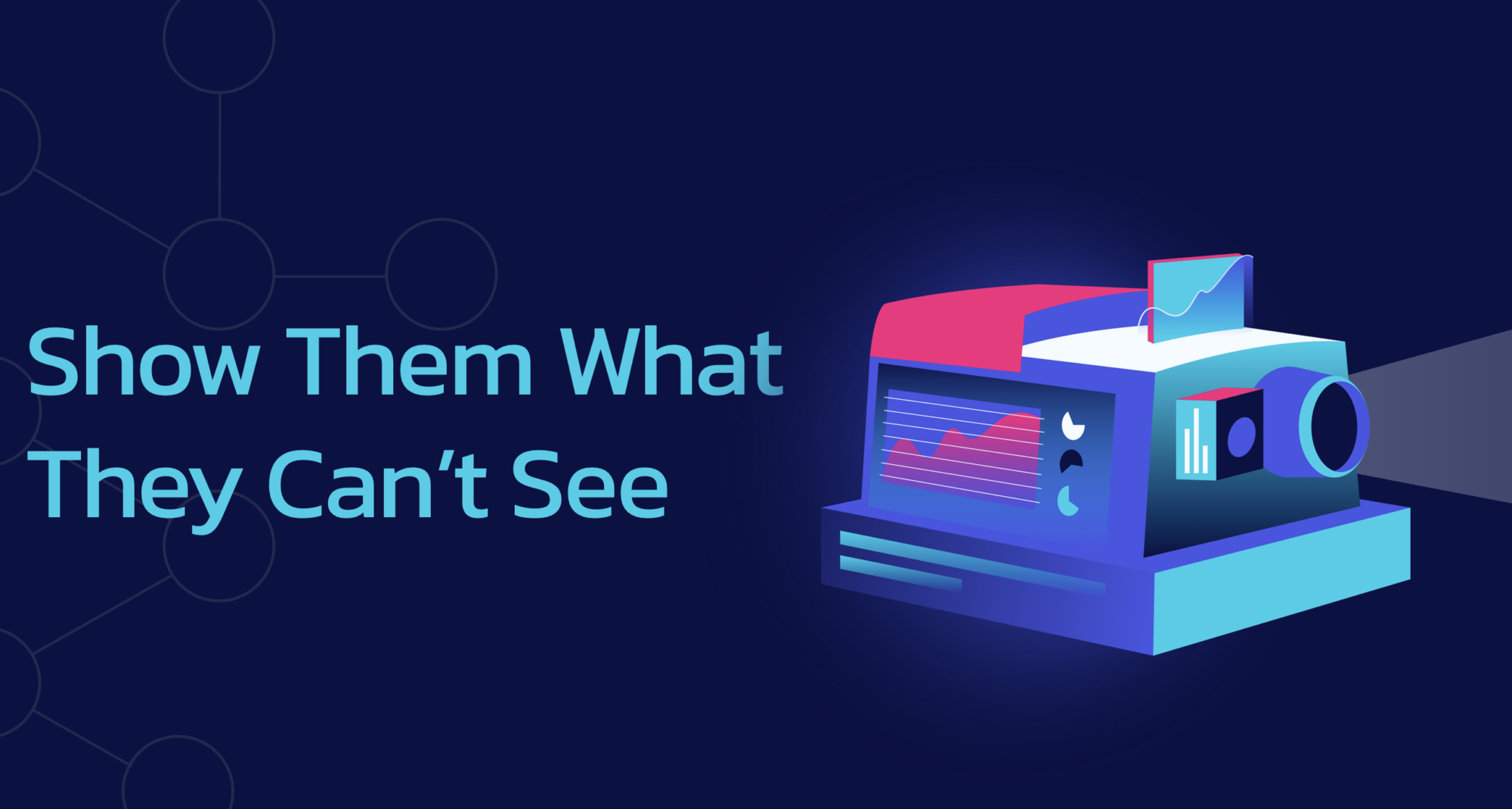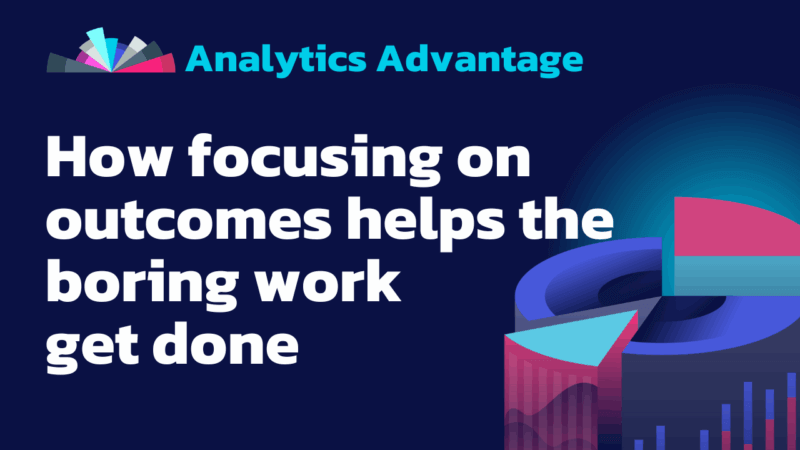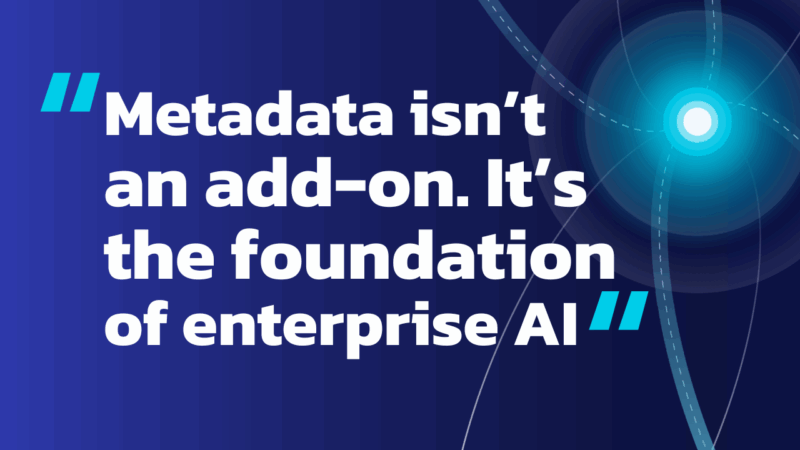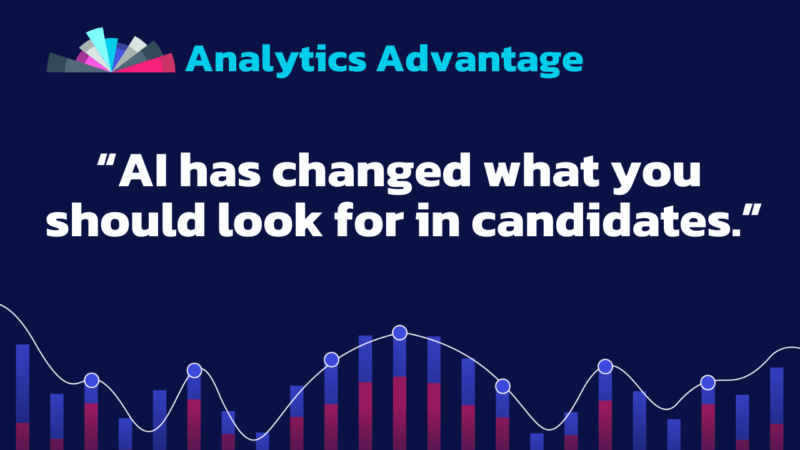
Analytic Insights
How I Became a Data Rock Star
As a data analytics consultant, I’ve worked with some of the Fortune 100 companies in the Bay Area. My journey in data analytics has been both challenging and rewarding, and it’s a story I’m eager to share. The path from being a niche specialist to a data rock star has taught me valuable lessons, underscoring the indispensable role of understanding stakeholder needs in the business landscape.
Early Challenges: Being Seen as A Niche Specialist
My story begins with my first job as a junior financial analyst at a renowned consumer goods company. Tasked with ensuring the profitability of one of the company’s billion-dollar brands, I approached my role with a target of achieving and guarding our brand’s profitability goals. My initial strategy was straightforward: review each initiative proposed by my Marketing and Sales counterparts and approve or disapprove them based on their potential to hit our margin targets. This approach, however, inadvertently isolated me. My focus on numbers over people led to a rift between myself and my colleagues, who, driven by varied motivations, started to sidestep my involvement. This period marked a critical juncture in my career trajectory.

A Shift in Approach: The Collaborative Enabler
The turning point came with the mentorship of an insightful advisor, who helped me re-calibrate my approach. Transforming from a stringent gatekeeper to a collaborative enabler, I began to use data not as a barrier but as a bridge, facilitating and enhancing the proposals from my Sales team. This pivotal change marked my transition from being viewed as a specialist with a narrow focus to becoming an integral, trusted advisor within our business teams.
Becoming a Data Rock Star: Immersion and Insight
What defines a data rock star? For me, it meant going beyond the confines of spreadsheets and immersing myself in the business. Understanding our products, the competition, and our buyers’ needs became pivotal before diving into the data. When faced with a proposal for a sales initiative that was likely to generate negative returns, I started offering alternative strategies based on historical data that achieved the desired sales impact while also meeting profitability targets.

Making Data Work for Stakeholders
This approach underscores the unique position we analysts hold. Being closest to the data, we have the ability to reveal insights that might otherwise remain hidden, helping our colleagues excel in their roles. This is how we become indispensable – by making data work for our stakeholders, not against them.
Stakeholder Engagement
Speaking of stakeholders, it’s crucial to recognize that they extend beyond our immediate clients or supervisors. They include anyone who is affected by our work or who can benefit from it. For instance, in one project, our analysis of the company’s profitability didn’t just serve our direct manager; it also provided valuable insights for the corporate finance team, who relied on our analysis for their decision-making processes.
Conclusion: The Essence of Being a Data Analyst
My career in the world of analytics has taught me the importance of being more than just a number cruncher. It’s about becoming a storyteller, a problem-solver, and most importantly, an enabler who uses data to illuminate possible paths forward.
As data analysts, we have the power to transform how businesses operate and make decisions. By prioritizing the needs of our stakeholders, and leveraging our expertise to unearth hidden insights, we indeed become indispensable—true rock stars of our domain.
See Part 2 of Sharon’s post, Wowing Stakeholders with Trellis Charts.





